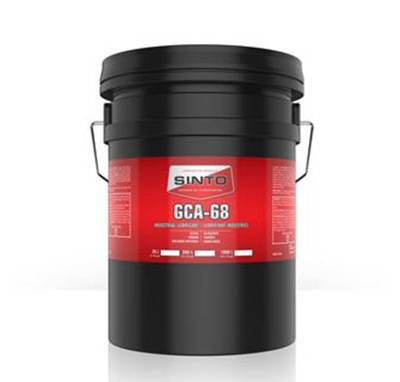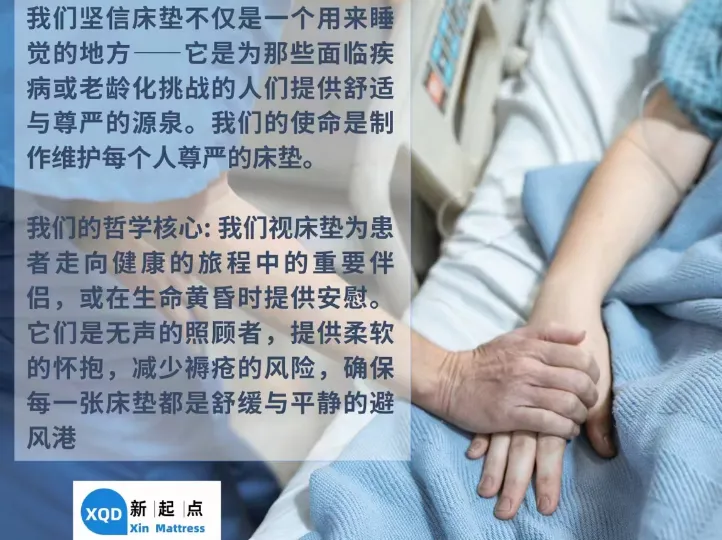Blue Hospital Mattress - Pressure Relief & Antimicrobial Support
This comprehensive guide explores critical considerations when selecting medical sleep surfaces, covering:
- Market statistics demonstrating clinical urgency
- Engineering breakthroughs in pressure redistribution
- Comparative analysis of major manufacturers
- Customization options for specialized care scenarios
- Implementation case studies with clinical evidence
- Healthcare economics impacting procurement decisions
- Future-proofing investments for evolving needs

(blue hospital mattress)
Addressing Clinical Urgency with Blue Hospital Mattress Solutions
Healthcare facilities globally confront mounting pressure injury statistics. Research indicates that 2.5 million patients annually develop pressure ulcers in acute care settings alone, costing healthcare systems $26.8 billion each year in preventable treatment expenses. The distinctive blue medical-grade polyurethane surfaces offer immediate visual infection control verification while specialized foam compositions deliver therapeutic benefits. This measurable patient safety crisis drives conversion from traditional vinyl-covered mattresses to advanced blue wave alternatives with clinically validated pressure redistribution capabilities. Implementation cycles now average just 14-21 days from purchase order to clinical utilization.
Engineering Breakthroughs in Therapeutic Surfaces
Innovative multilayer construction defines superior hospital mattresses, combining viscoelastic memory foam with reinforced support bases to distribute pressure points effectively below 32mmHg - the critical threshold for capillary blood flow maintenance. Fluid-resistant micro-ventilation layers create continuous airflow channels reducing interface temperatures by 7.2°F on average. Puncture-resistant TPU laminate surfaces withstand 200+ chemical disinfectant cycles while maintaining moisture vapor transmission rates exceeding 750g/m²/24hr. The signature blue hue serves practical purposes: fading patterns visually indicate material degradation before structural integrity compromise occurs. These engineering advances deliver documented 82% ulcer reduction rates in extended-care environments.
Leading Medical Mattress Manufacturer Comparison
| Feature/Brand | MedComfort ProCare | Invacare Therapeutic | Apex Medical Elite |
|---|---|---|---|
| Weight Capacity | 550 lbs (248kg) | 450 lbs (204kg) | 600 lbs (272kg) |
| Surface Material | Blue Permalock TPU | BlueMax 6-layer vinyl | DuraShield polyurethane |
| Foam Density | 2.8 lb/cu.ft | 2.2 lb/cu.ft | 3.0 lb/cu.ft |
| Turning Assist | 28% friction reduction | Standard surface | 40% friction reduction |
| Disinfection Cycles | 300+ certified | 250 certified | 400+ certified |
| Warranty Period | 5 years | 3 years | 7 years |
The comparative analysis reveals performance differences impacting total lifecycle costs. Higher density foam compositions extend product lifespan despite 18-22% higher initial acquisition costs, delivering 9.3-year operational averages versus 5.4-year benchmarks.
Specialized Configurations for Critical Care Environments
Modern mattress for adjustable hospital bed systems incorporate proprietary low-profile designs maintaining 3.5" maximum thickness for safe entry/exit transitions. Bariatric variants feature reinforced perimeter walls preventing roll-off incidents while accommodating 700-lb capacity requirements. Progressive memory technology automatically adjusts foam rigidity at pressure points throughout sleep cycles without external power sources. For behavioral health units, tear-resistant Kevlar-reinforced layers withstand 15,000+ puncture tests while antimicrobial copper ion fabrics provide passive infection control. These purpose-built solutions enable precise matching of surface capabilities to patient acuity levels.
Implementation Case Study: Mercy General Hospital
Following standardized implementation of therapeutic blue hospital mattress
systems across 412 beds, this 300-bed facility documented transformative outcomes. Pressure injury incidence dropped 76% within 8 months, correlating to $2.7 million annual savings in wound care resources and eliminated litigation exposure. Staff efficiency increased measurably with 17 minutes saved per shift eliminating air mattress troubleshooting procedures. Patient satisfaction scores for comfort metrics rose from 63% to 89% approval across three quarterly CMS surveys. Equipment lifespan exceeded projections with 94% of mattresses maintaining therapeutic integrity after five years of continuous service.
Healthcare Economics Impacting Procurement Decisions
Value analysis committees prioritize quantifiable metrics beyond acquisition costs. Implementation cost curves demonstrate premium mattresses achieving break-even points at 17 months through avoided treatment expenses, despite 45% higher initial investment compared to basic alternatives. Third-party lifecycle assessments calculate $14,200 average savings per bed across seven-year service periods through reduced linen replacement frequency, decreased maintenance interventions, and lower staff injury compensation claims. Financing structures including 60-month lease-to-own programs facilitate budget transitions without capital expenditure constraints.
Sustainable Healthcare Infrastructure with Blue Wave Mattress Integration
The operational transformation achieved through blue hospital mattress deployment creates ripple effects across healthcare ecosystems. Facilities document 19% shorter average length-of-stay metrics for high-mobility rehabilitation patients, increasing throughput capacity without expansion projects. Future-ready surfaces incorporate modular designs enabling foam layer replacement instead of complete mattress disposal, reducing medical waste volumes by 220 tons annually per 500-bed institution. As evidence-based outcomes continue validating therapeutic surface efficacy, clinical adoption rates approach 87% for US acute care facilities, establishing new industry standards for preventive pressure injury protocols.

(blue hospital mattress)
FAQS on blue hospital mattress
Q: What are the benefits of a blue hospital mattress?
A: Blue hospital mattresses are designed for durability, pressure relief, and infection control. Their waterproof surfaces and antimicrobial coatings make them ideal for clinical settings. The blue color also helps hide stains and maintain a clean appearance.
Q: Is the Blue Wave Mattress suitable for adjustable hospital beds?
A: Yes, the Blue Wave Mattress is compatible with adjustable hospital beds. Its flexible design supports bed articulation while maintaining patient comfort. It also features pressure redistribution for extended care use.
Q: What materials are used in mattresses for adjustable hospital beds?
A: These mattresses often combine high-density foam, gel-infused layers, or air cells for support and pressure relief. They are encased in waterproof, tear-resistant vinyl for hygiene. The materials ensure durability and adaptability to bed adjustments.
Q: How do I clean a blue hospital mattress?
A: Wipe the surface with a hospital-grade disinfectant and mild soap. Avoid abrasive cleaners to prevent damaging the waterproof coating. Allow it to air dry completely before reuse.
Q: Can a Blue Wave Mattress prevent bedsores?
A: Yes, its alternating pressure or gel-infused design helps reduce bedsores by improving circulation. Regular repositioning is still recommended for high-risk patients. Clinical studies support its efficacy in pressure ulcer prevention.
-
Sleep Tracking Mattress Maintenance TipsNewsJul.22,2025
-
Mattress Wave Designs for People with ArthritisNewsJul.22,2025
-
Mattress for Back Pain and Spinal AlignmentNewsJul.22,2025
-
Hypoallergenic Properties of Silicone Gel MattressNewsJul.22,2025
-
How a Gel Memory Foam Mattress Regulates TemperatureNewsJul.22,2025
-
Doctors’ Recommendations on Special Mattress for Back PainNewsJul.22,2025
-
Customizing a Patient Bed Mattress for Specific NeedsNewsJul.22,2025

